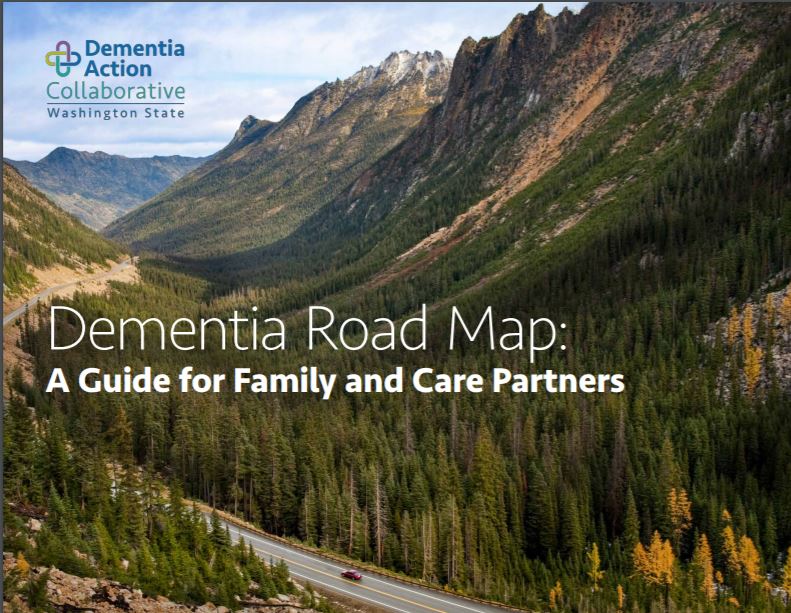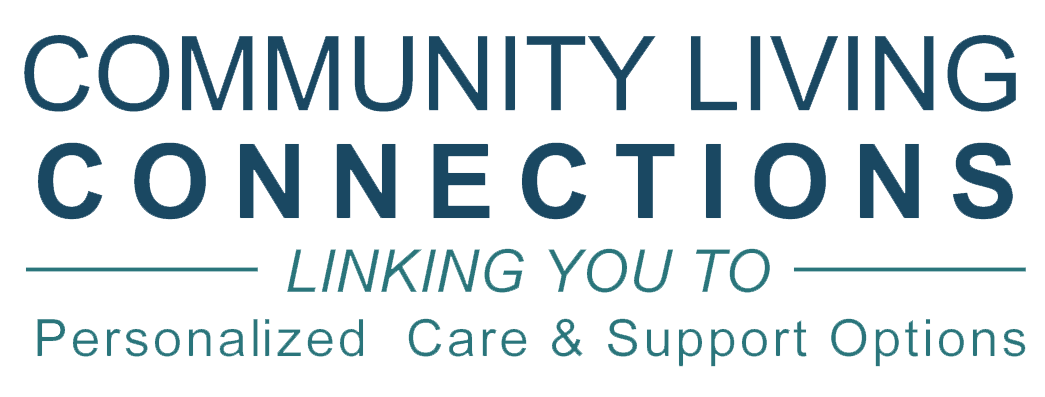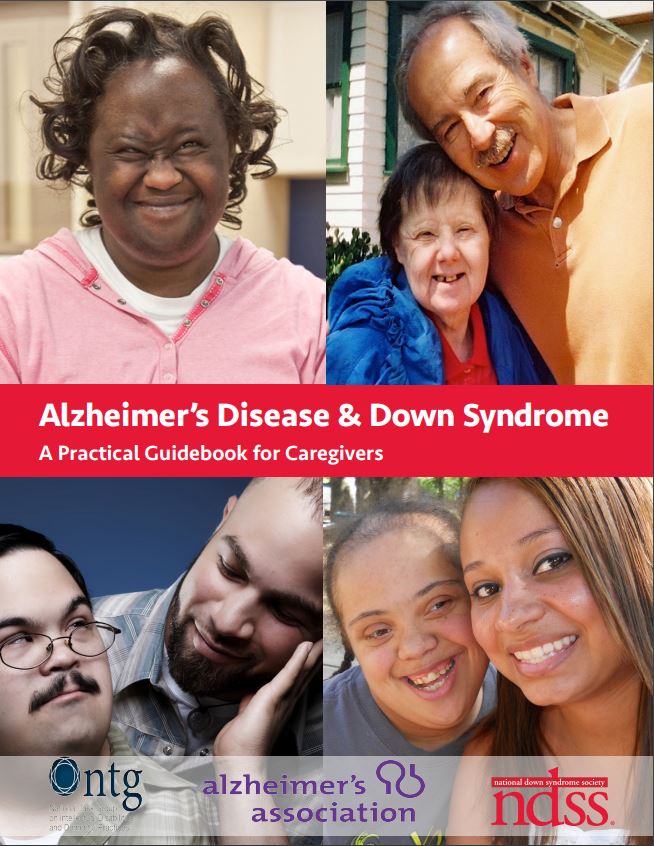1-855-567-0252
Providing Care for Someone with Dementia
What to Expect
Tips for Family and Care Partners: Debbie, Juanita and Les, care partners of loved ones with dementia, share challenges and strategies to help their loved one and themselves.

The Dementia Road Map: A Guide for Family and Care Partners offers guidance about what to do when a person experiences changes in memory and thinking, and offers information and tips about what to expect and steps to take if someone in your family has been diagnosed with Alzheimer’s or other dementia. Read it online in English or Spanish. Click here for instructions on how to order paper copies in either language.
You Are Not Alone
- Support groups provide emotional and practical support to caregivers, family members and friends whose loved one has Alzheimer's. Several organizations also provide support groups for people experiencing early stage memory loss.
- Visit the Alzheimer's Association Caregiver Center.
- The U.S. Department of Veterans Affairs provides local services for veterans with Alzheimer's and their families.
- Alzheimer’s Disease & Down Syndrome: A Practical Guidebook for Caregivers
- Learn about Washington's Family Caregiver Support Program, which has staff in offices across the state who can provide information, advice and connection to local services to meet your needs. Services are free or low cost.
- Support for Family Caregivers
Behavioral Tips
As Alzheimer's and other dementias progress, behaviors change. Learn about behaviors such as anger, anxiety, depression, sleep issues and more.
Communication Tips
When people have Alzheimer's disease or another dementia, their ability to communicate gradually declines. Communicating requires patience, understanding and good listening skills. Learn communication tips for different stages of the disease or download a brochure.
Washington’s Community Living Connections staff are available to help you explore your options to meet your current needs or create a plan for the future.

The Dementia Road Map: A Guide for Family and Caregivers offers guidance about what to do when a person experiences changes in memory and thinking, and offers information and tips about what to expect and steps to take if someone in your family has been diagnosed with Alzheimer’s or other dementia. Read it online in English or in Spanish. Or, order paper copies, click here for ordering instructions.
Caregiver Stress:
Caregivers of persons with dementia and Alzheimer's frequently report experiencing high levels of stress. It can be overwhelming to take care of a loved one with Alzheimer's or other dementia, but too much stress can be harmful to both of you.
How do I Help?
In-Home Activities
People with Alzheimer's or another dementia can still do the activities they love. Many activities can be modified to the person's ability. Activities can reduce behaviors like wandering or agitation and enhance quality of life. Below are several links with more information on types of activities and how to tailor to them.
- Enhancing Daily Life
- Activities at home: Planning the Day for a Person with Middle or Late-Stage Dementia
- Activities for All Stages
- Activities for People with Alzheimer's Disease
- The Montessori Method and Dementia
Classes
- The local Alzheimer’s Association offers a number of educational presentations and conferences throughout the year.
- Alzheimer’s & Dementia Training Center
- Powerful Tools for Caregivers Program
What is a Long-Term Care Ombudsman Program?
The Washington State Long-Term Care Ombudsman advocates for residents of nursing homes, adult family homes, and assisted living facilities. Its purpose is to protect and promote the Resident Rights guaranteed these residents under Federal and State law and regulations. Learn more or connect with your local or area LTC Ombudsman.
Care Options
In-Home Care
In-home care includes a wide range of support for people with Alzheimer's or another dementia, allowing them to continue living at home. It also can help caregivers. In-home care resources:
Adult Day Services
Adult day centers and adult day health offer social and safe activities for people with Alzheimer's and other dementias. Learn more about adult day services.
Residential Care Settings
If the person with Alzheimer's or other dementia prefers a communal living environment or needs more care than can be provided at home, a residential setting may be the best option. Different types of facilities provide different levels of care, depending on the person's needs. Learn more about residential care.



